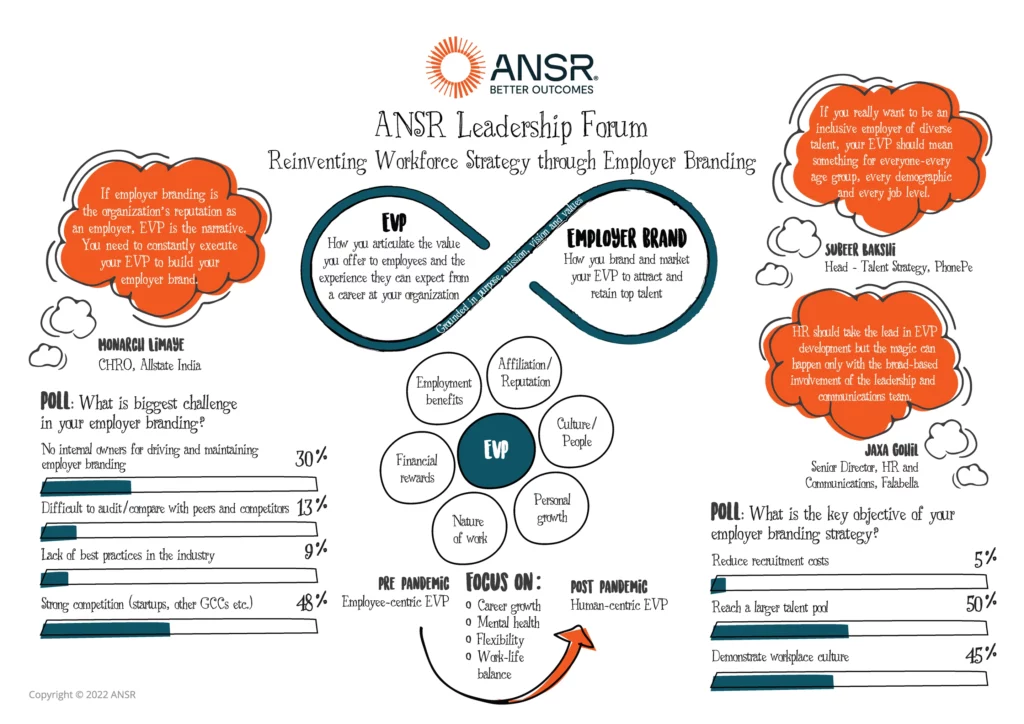In a world where the business environment is constantly evolving and talent is sparse, a strong employer brand is seen as a critical asset to attract, employ and retain the best people. But, is building an employer brand that is associated with superficial perks the best way to achieve your talent goals? No.
The new normal asks organizations to look at employer branding from a fresh perspective. In the post-pandemic world, employees aspire to work for an international organization that serves a purpose, where they are able to see what the broader impact of their role is. A winning employer branding strategy should be deeply integrated with the core drivers of the business. The best way to implement the strategy is through effective employer of record (EOR) services.
Moreover, organizations need to ensure that their employer branding reflects the reality of the work environment. If you try to attract the talent with a strategy that over inflates the reality, you won’t be able to retain it.
In this context, the seventh edition of ANSR Leadership Forum (ALF) discussed the guiding principles for a successful employer branding strategy in the post-pandemic world. Here are the takeaways.


In case you missed the event, we’ve put together a document that serves as a summary of the discussion.
Vikram is the co-founder of ANSR and CEO of Talent500, which helps fast-growth businesses build and manage global teams via an AI-enabled platform.
A serial entrepreneur with over 18 years’ experience, Vikram has experience in building and scaling technology ventures across travel and e-commerce. He also co-founded one of India’s earliest startup accelerators, Kyron (acquired by Techstars).
Vikram has a bachelor’s degree in Computer Science Engineering from RVCE Bangalore and an MBA from IESE Business School.